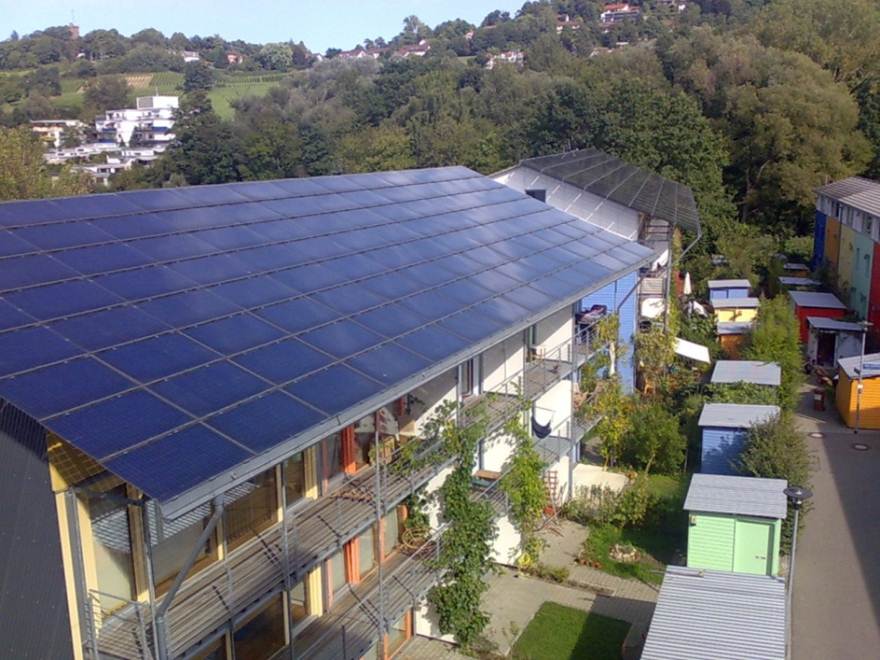Ignorance, bureaucracy and the lack of appropriate compensation are slowing independent electricity production by households and small and medium-sized enterprises. That’s according to experts at Sitra, who also suggest that the compensation for any small-scale production should be equal to that for large producers of energy.
Finland has significant potential for the small-scale production of solar energy and other forms of renewable energy. However, unlike many other nations, the country has not been able to tap into this potential. The obstacles include ignorance of the benefits for the economy, employment and the environment. In addition, the permit processes are complicated and the support system discriminates against small-scale producers.
“For example, if the Lantti House at the 2012 Finnish Housing Fair had received compensation equal to that for wind power plants for the solar energy it produced, the family living in the house would have made EUR 123 in a month. However, no compensation was paid, which is not fair,” says Karoliina Auvinen, Senior Lead of Eco-Efficiency at Sitra.
In Finland, financial support for renewable energy is limited to large-scale production. The threshold for support for electricity production is 100 kVA. In practice, this excludes all small-scale production from the support system.
“The minimum limit for the input tariff for wood chip and biogas plants should be lowered from 100 kVA to 30 kVA,” says Auvinen. “This would make electricity production profitable at farms, for example. Moreover, net invoicing should be introduced in the small-scale production of solar energy. In this invoicing model, households would receive appropriate compensation in their electricity bills for their annual production of electricity, including transfer costs and tax.”
The small-scale production of renewable energy is increasing rapidly on a global level, with solar energy and wind power being the fastest-growing forms. In Stockholm, the district heating network has been opened to residents’ small-scale production of heat. Denmark produces 15 times more and Germany 1,500 times more solar energy per inhabitant than Finland, even though southern Finland receives approximately as much sunshine as Denmark and northern Germany. In fact, Finland has more sunny hours than Madrid in the summer.
According to Sitra, decentralised energy production offers significant business opportunities and favourable employment effects. For example, the installation of 10,000 solar energy systems would create EUR 60–90 million worth of work in Finland.
The answer is simple, according to Karoliina Auvinen: “Last year, Finland imported EUR 13.2 billion worth of energy products. Why not invest this money in domestic and intelligent self-produced energy?”
More information
Karoliina Auvinen, Senior Lead, Sitra
Jero Ahola, Professor, Lappeenranta University of Technology, tel. +358 40 529 8524, jero.ahola@lut.fi
Fredrik Ek, Energy Adviser, Association of Rural Advisory Centres, tel. +358 40 754 7182, fredrik.ek@slf.fi
